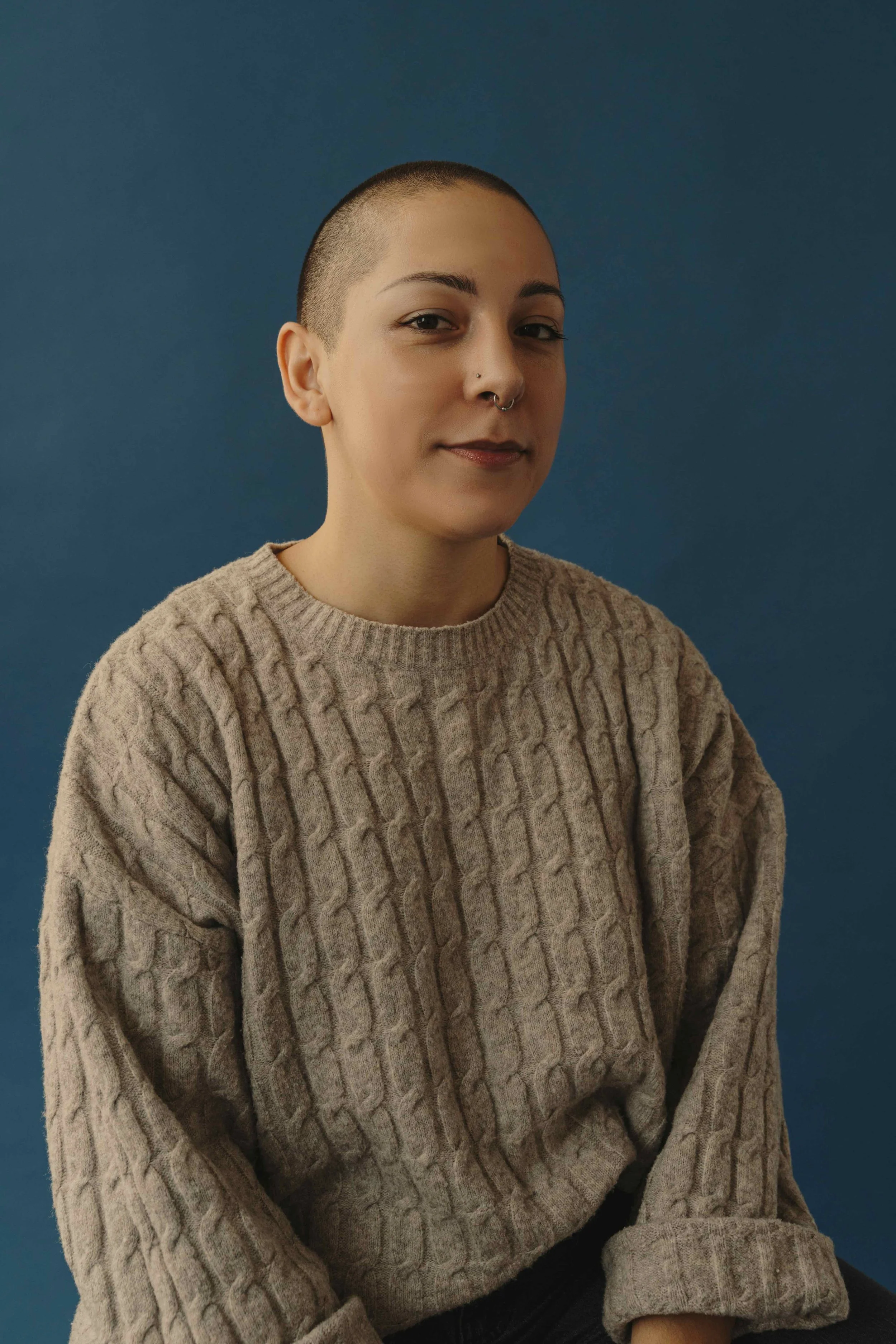About P3
Our city. Our future.
P3 stands for Progressive People Power. We exist for a single purpose: to ensure big business interests aren’t the only bidders for Seattle elections. Whether we like it or not, the past few years have shown that our local elections are for sale.
Right now, corporate interests are coming into our city and buying our elections. This is a massive problem for voters who want Seattle to be an affordable, safe, and thriving city to live in. The politicians they pay for only serve their corporate backers, refusing to tax the rich to fund essential services we all rely on — even when the city faces a deficit of hundreds of millions of dollars.
P3 is dedicated to evening the playing field by strategically investing in the highest-impact races in Seattle–helping to make sure that Seattle voters are given a genuine choice between candidates when they vote.
We are not here to impose our own definition of what “progressive” means to Seattle voters; that’s why P3 only spends in head-to-head elections where big business interests like Amazon are backing one candidate.
Join us to ensure local leaders willing to make corporate interests pay their fair share aren’t drowned out by millions in dark money.
The Team
-

Carrie Barnes
she/her
Board Chair
Carrie Barnes has been foundational to the leadership of the King County Democrats and a former Communications Chair. In these roles, she has focused on engaging stakeholders, organizing volunteer efforts, and improving party communications. Previously, she chaired the 37th Legislative District Democrats, representing one of Washington’s most diverse districts.
-

Aretha Basu
she/her
Board Member
Aretha is the Political Director of Puget Sound Sage and Sage Leaders. She spent many years as a legislative aide for City Councilmember Mosqueda focusing on issues affecting working people in our great city and has spent just about a decade in grassroots organizing with coalitions like No New Youth Jail, Block the Bunker, and Decriminalize Seattle.
-

Will Casey
he/him
Board Member
Will has worked as a spokesperson and communications consultant on campaigns to elect progressive candidates to office at the federal, statewide, and local level. He also covered the criminal legal system for The Stranger and now works to advance policies that mitigate the harm of that system in Washington state. He lives in North Seattle with his wife, children, and their cat.
-

Maren Costa
she/her
Board Member
Maren is currently the US Advisor at WorkForClimate.org, where she she leads efforts to mobilize tech employees in championing climate justice causes. She leverages her extensive experience and leadership skills to make a positive impact, believing that transformative change is essential for addressing the root causes of the climate crisis.
-

Alexis Mansanarez
she/her
Board Member
Alexis has a decade of communication experience across journalism, non-profit sector, and campaign management. Her professional and personal work center liberation for all. As a campaign manager, Alexis worked to elect Teresa Mosqueda to King County Council as the first Latina to ever hold the position and, most recently, on State Senator Rebecca Saldaña’s campaign at the intersections of Environmental Justice and decolonizing conservation.
-

Kyler Parris
he/him
Board Member
Born and raised in the Seattle area, Kyler has five years of experience in local progressive organizing, messaging, and fundraising, including managing multiple campaigns. He graduated from Pitzer College with a B.A. in Urban Studies, works on expanding affordable housing, and lives in Capitol Hill.
History of PACs
The origins of Political Action Committees ("PACs") can be traced back to the labor movement of 1943.
In Washington State, these entities are referred to as Political Committees. Their prominence grew following a Congressional ban on unions making direct contributions to political candidates, a restriction initially applied to corporations by the Tillman Act of 1907 and later extended to labor unions under the Smith–Connally Act of 1943. The expansion of PACs was facilitated by a series of campaign reform laws enacted during the 1970s, which permitted corporations, trade associations, and labor unions to establish PACs. Additionally, the Supreme Court has invalidated legislative restrictions on PACs on First Amendment grounds in numerous cases, notably with Buckley v. Valeo.
From there, the 2010 Supreme Court case Citizens United v. FEC allowed corporations, unions, and other groups to spend unlimited money on political campaigns, as long as they didn't coordinate directly with candidates. This ruling was based on the idea that spending money to influence elections is a form of free speech protected by the First Amendment. Critics argue that Citizens United has led to a surge of money in politics, giving wealthy individuals and corporations too much influence over elections and policy, which undermines democracy. They are concerned that this could lead to corruption and policies favoring the wealthy. We are among those critics, but have to compete.
Washington State Political Committees play a significant role in the electoral process by raising funds, mobilizing supporters, and influencing public opinion on political matters. They are required to comply with state laws regarding campaign finance, including reporting contributions and expenditures to the appropriate regulatory agencies.
These processes are audited and enforced by The Public Disclosure Commission (PDC), which was created in 1972 with the passing of Initiative 276. The Commission sets PDC policy and interprets and enforces the campaign finance and disclosure laws found in RCW 42.17A and WAC 390.
